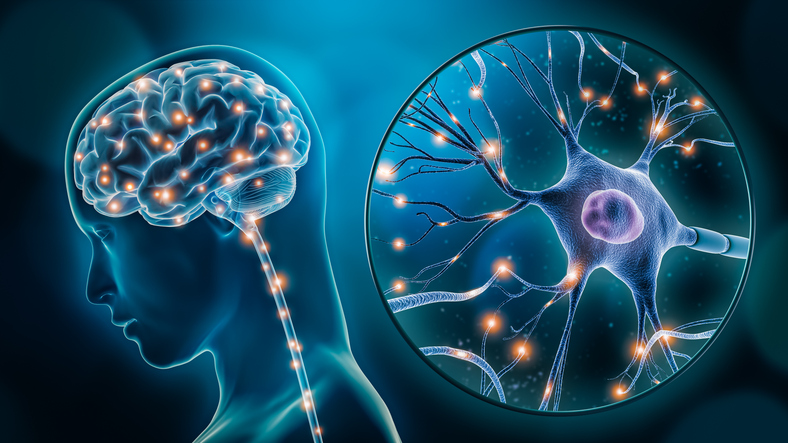One of the most fascinating yet intricate parts of the body is the human brain. However, when a person decides to illicit drugs it just makes the functions of the brain that much more complex. Drugs obstruct the sending, processing, and receiving of messages in the brain. Some drugs, mainly opiates, which include morphine, heroin, Vicodin, Oxycontin, and other prescription drugs, will impersonate the natural neurotransmitters that make up the brain. The problem is that they do this in an abnormal manner and send incorrect messages to the brain. Other drugs tamper with the nerve cells in the brain too but in different ways. They can cause the release of too much or not enough brain chemicals.
When drugs enter the brain they release a rush of dopamine, which is a neurotransmitter, in the reward system of the brain. This is the area of the brain responsible for pleasure, reasoning, motivation, and muscle movement. When this rush of dopamine floods the brain it creates euphoria. This is the beginning of addiction because the user wants to feel that ecstasy and pleasure again that was experienced when the drugs entered the brain. The brain remembers feelings of pleasure, joy, and ecstasy and communicates that it wants to feel it repeatedly.
The “imposter” neurotransmitters are much stronger than the natural ones and the effects can last much longer. So when a person continues to take illicit drugs the brain begins to become accustomed to this dopamine overload and starts to rely on it. Without the drugs, dopamine in the brain is nearly nonexistent so the user feels depressed, is unable to feel pleasure, has no motivation, and is extremely pain sensitive. The only thing that will help is another dose of drugs. This is also when the user begins to develop a tolerance, meaning they need more of the drug to get the same effects.
Because the natural neurotransmitters have been suppressed, when a person attempts to quit taking drugs the brain is certain to object. The brain becomes flooded with adrenaline and massive withdrawal begins. There is physical withdrawal, mental withdrawal, and emotional withdrawal. Each drug presents different withdrawals.
It is critical that when a person is going to stop taking drugs they seek the help of a professional. Treatment programs are client-centered and can not only make withdrawal comfortable for the person, but they will also equip the addict with the necessary tools to get clean and stay clean.
St. Gregory’s offers a residential program, neurotransmitter therapy, which has shown a very high rate of success.
It is important to remember that acute withdrawal, is the initial stage of withdrawals the very uncomfortable stage that presents physical symptoms. The brain can adjust to this stage when it receives medication. The next stage, post-acute withdrawal, is the one the brain has a problem coping with. Symptoms include:
- Increased levels of anxiety
- Irritability
- Fatigue
- Loss of energy
- Inability to concentrate
- Insomnia
- Lack of zest for life
The post-acute withdrawal stage can last for years and can trick the brain. The inability to handle these episodes has been the demise for many trying to recover. This is why it is so important to know how to cope with these periods effectively and how to make better life choices.











